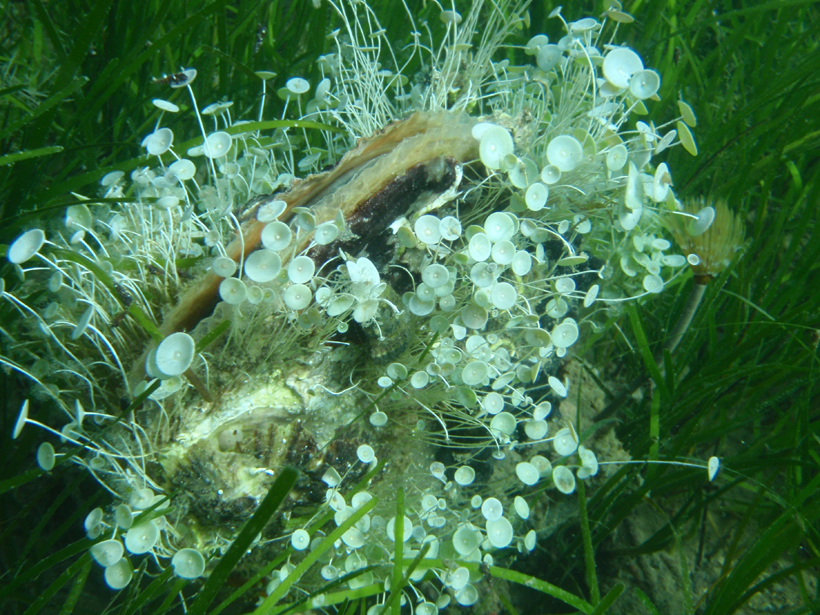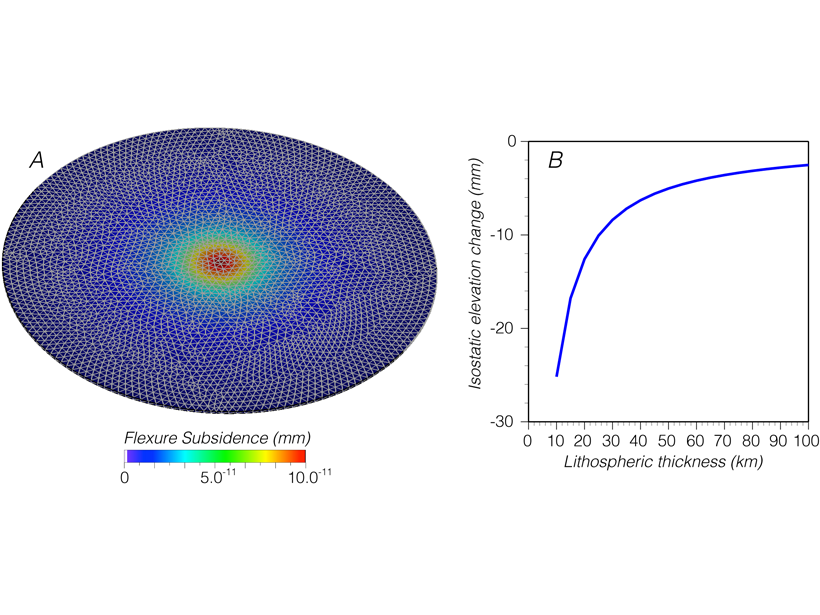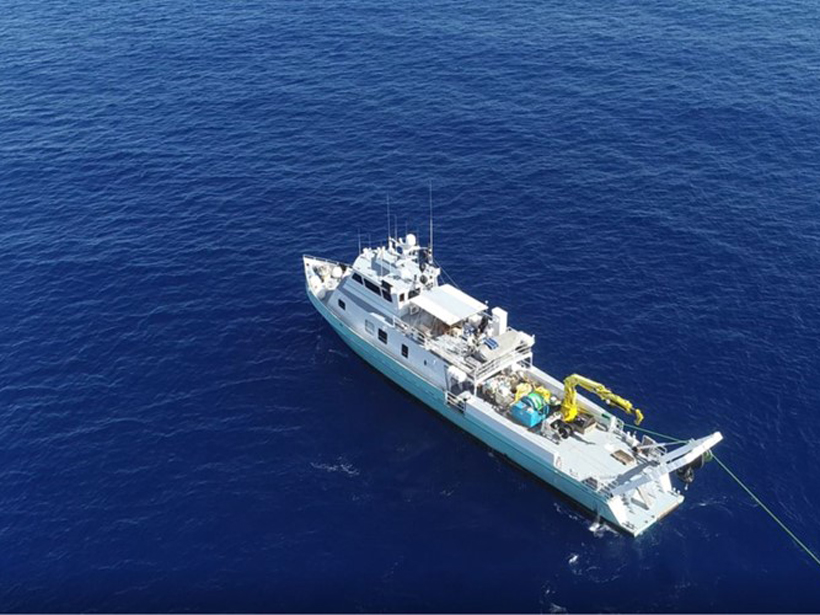Although warming oceans may make population booms and mass strandings more common, the species may ultimately be one of the beneficiaries of climate change.
beaches, coasts, & shorelines
Coastal Ecosystems Under Pressure Worldwide
A new book explores how two river-dominated coastal estuaries are responding to the pressures of human expansion and climate change.
Rastreando cómo se mueve el plástico en el océano costero
Investigadores utilizaron un tanque de olas para estudiar el movimiento de partículas de plástico de forma experimental y comprender el papel de la densidad de partículas en el comportamiento de deriva.
Coastal Flooding Enhances Methane Buildup in Forests
Increased seawater exposure from flooding and storms is altering how coastal forests cycle methane, leading to more greenhouse gas accumulation in tree stems and soil.
Weighing Inputs of Waves and Precipitation to Coastal Erosion
Conducting weekly lidar surveys of coastal cliffs for 3 years enabled a California team of coastal erosion researchers to quantify and separate marine effects from subaerial effects.
Going Down: How Do Cities Carry That Weight?
Calculations show that the added weight of growing cities can lead to tens of millimeters of subsidence, an effect that needs to be considered for coastal cities under threat by sea-level rise.
Freshened Groundwater in the Sub-seafloor
Scientists are using a variety of geochemical, geophysical, and numerical methods to study offshore freshened groundwater and better understand its role in the global water cycle.
Cape Cod: Shipwrecks, Dune Shacks, and Shifting Sands
Living in Geologic Time: How long will the cape keep its fist raised against the waves?
Tracking How Plastic Moves in the Coastal Ocean
Researchers used a wave tank to study the movement of plastic particles experimentally and to understand the role of particle density in drift behavior.
Hurricane Maria Killed Mangroves Months After Storm
An overgrown channel between a lagoon and the ocean on the Puerto Rican island of Vieques created a backup of freshwater, disrupting the delicate balance of salinity in coastal mangrove forests.










